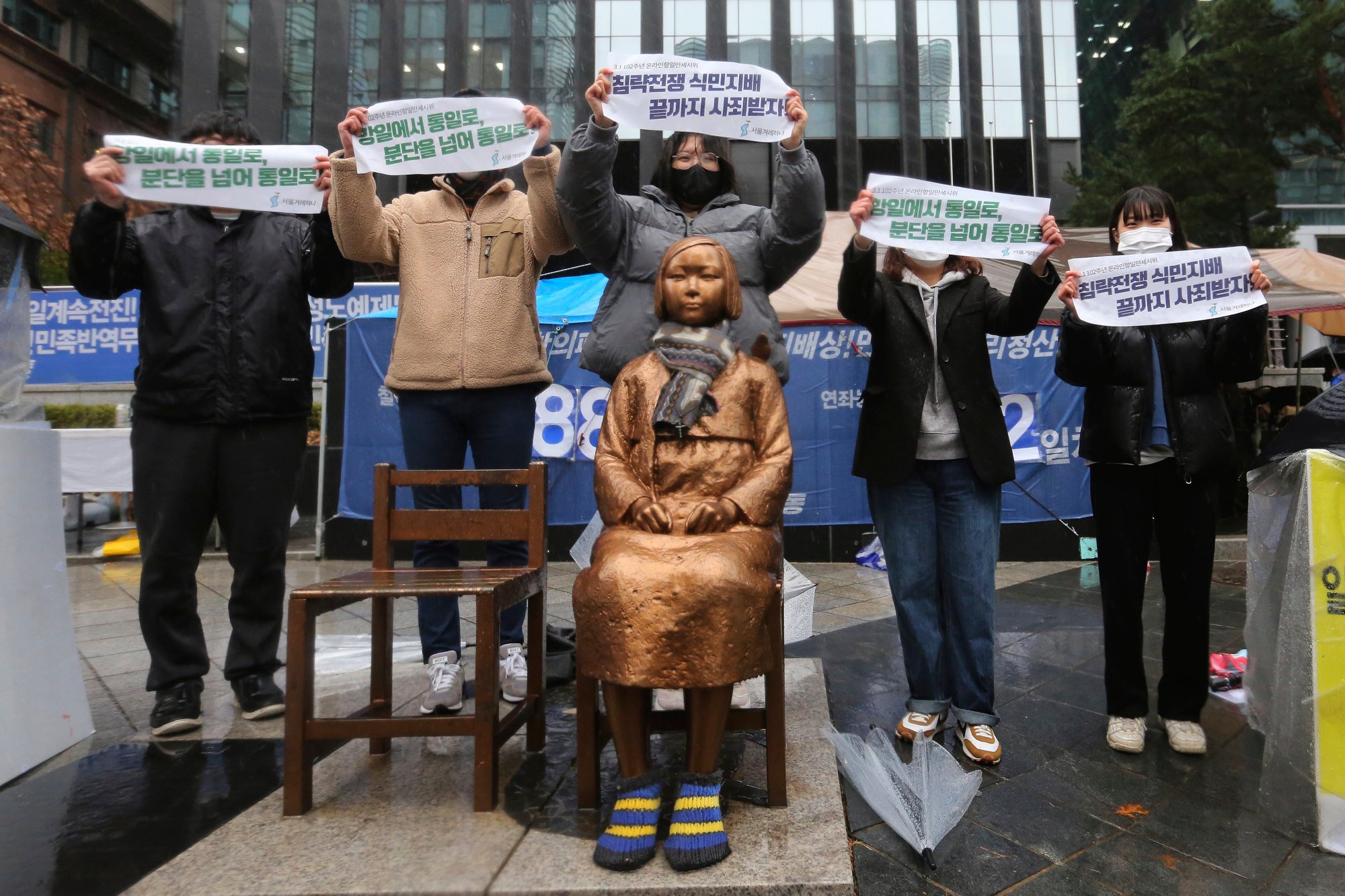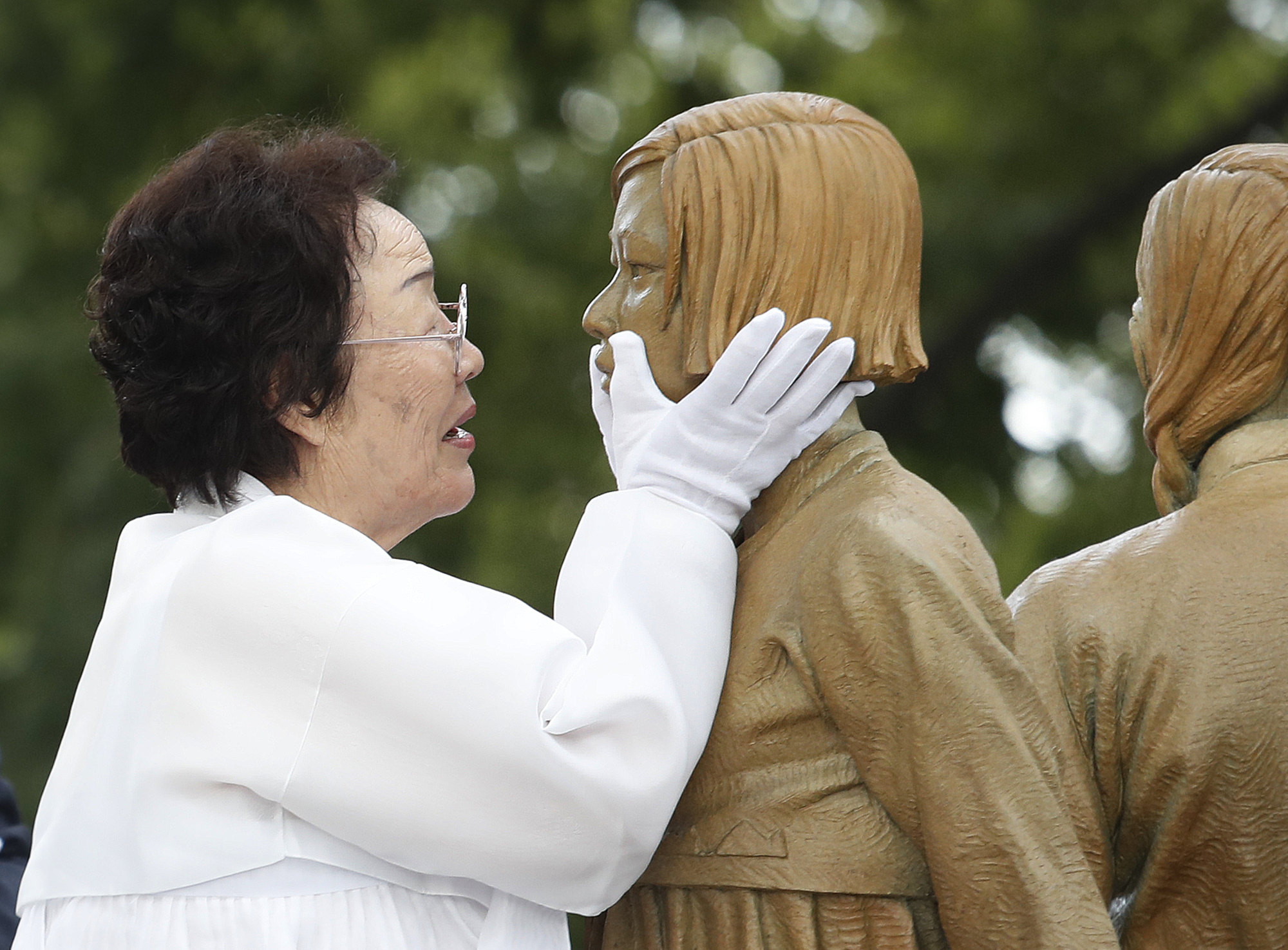South Korea court orders Japan to compensate ‘comfort women’, reverses earlier ruling
Japan’s foreign ministry did not immediately respond to a request for comment on the appellate court’s ruling.

The 16 victims filed the suit in 2016, seeking 200 million won (US$155,000) each in compensation. But the Seoul Central District Court dismissed the case in 2021, citing sovereign immunity, a legal doctrine that allows a state to be exempt from a civil suit in foreign courts.
The Seoul High Court, however, reversed the lower court’s decision, recognising the jurisdiction of South Korean courts over the Japanese government as a defendant.
“It is reasonable to consider that there is a common international law which does not recognise state immunity for an illegal act … regardless of whether the act was a sovereign act,” the appellate court said.
‘Act of terror’: South Korea’s divisions deepen over Fukushima water dump
‘Act of terror’: South Korea’s divisions deepen over Fukushima water dump
Tokyo has said the issue was settled under a 1965 treaty that normalised diplomatic relations, and the two neighbours agreed to “irreversibly” end the dispute in a 2015 deal.
Japanese Foreign Minister Yoko Kamikawa said the judgment went against international law and agreements between the two countries, calling it “extremely regrettable and absolutely unacceptable”.
“Japan once again strongly urges the Republic of Korea to immediately take appropriate measures to remedy the status of its breaches of international law,” she said.

South Korea’s foreign ministry said it was looking into details of the latest ruling, without elaborating.
Lee Yong-soo, 95, an activist and victim who also filed the suit, welcomed the decision and tearfully thanked the court for the decision.
“I’m grateful. I’m really grateful,” she said as she exited the courthouse, adding that she wished she was able to share the news and gratitude with some other victims who had passed away.

